As patients, we rely on our doctors to keep us healthy and to provide us with the medical care and treatment that we need. We trust that they have the knowledge and expertise to diagnose our illnesses, prescribe medications, and offer advice on how to maintain our overall health. But what happens when we start to doubt their expertise or question their decisions? Can we still trust them to do what’s best for our health? In this blog post, we’ll explore the complexities of trusting your doctor and what it means for our overall health and well-being.
The Doctor-Patient Relationship
The relationship between a patient and their doctor is built on trust. Patients trust that their doctor has the knowledge and expertise to diagnose and treat their illnesses, and doctors trust that their patients will follow their advice and treatment plans. This trust is essential for the success of the doctor-patient relationship.
But building trust doesn’t happen overnight. It takes time and effort on both sides. Patients can build trust with their doctors by being open and honest about their health concerns and following their treatment plans. Doctors, in turn, can build trust by listening to their patients’ concerns, explaining medical information in a clear and understandable way, and being open to questions and communication.
However, trust can be broken when a patient feels that their doctor is not listening to them, is not taking their concerns seriously, or is not providing adequate care. Similarly, doctors may struggle to maintain trust when a patient is not following their treatment plan or is not open and honest about their health concerns.
The Role of Communication
Effective communication is key to building and maintaining trust in the doctor-patient relationship. Patients should feel comfortable asking questions and expressing their concerns to their doctor, and doctors should take the time to listen and provide clear and concise answers.
Patients may not always understand the medical jargon or technical terms that doctors use. It’s important for doctors to be able to explain medical concepts in a way that is easy for their patients to understand. This can help patients feel more confident in their treatment plan and better equipped to make informed decisions about their health.
Communication is a two-way street. Patients should also be open and honest with their doctors about their health concerns and any symptoms they may be experiencing. This will help their doctor to make a more accurate diagnosis and develop an appropriate treatment plan.
When to Seek a Second Opinion
While it’s important to trust your doctor, it’s also important to remember that no one is perfect. There may be times when you feel unsure about your doctor’s diagnosis or treatment plan, or when you simply want to explore other options. In these cases, seeking a second opinion can be beneficial.
There are several reasons why you might want to consider seeking a second opinion. For example, you might want to get a second opinion if:
- You’re not comfortable with your doctor’s diagnosis or treatment plan
- Your doctor is unable to provide a clear explanation of your diagnosis or treatment options
- You have a rare or complex medical condition that requires specialized expertise
- You have conflicting information from different sources
- You want to confirm that you’re making the right decision about your treatment
Seeking a second opinion does not mean that you don’t trust your doctor. It simply means that you want to ensure that you have all the information and options available to make the best decision for your health.
How to Find a Second Opinion
If you decide to seek a second opinion, it’s important to choose a doctor who is qualified and experienced in the area of your concern. You can ask your primary care doctor


best allergy medication for itching allergy pills prescribed by doctors allergy pills non drowsy
anti nausea prescription medication list accupril 10mg oral
order accutane 10mg sale accutane 10mg brand buy generic isotretinoin for sale
amoxil brand buy amoxicillin 500mg generic buy amoxicillin 250mg pill
buy sleep medications online generic modafinil 200mg
purchase azithromycin generic buy azithromycin 250mg pill order azithromycin 500mg online cheap
buy gabapentin 100mg buy neurontin 600mg pills
azipro 500mg brand azithromycin oral brand azithromycin
cost lasix 100mg order lasix 100mg pills
omnacortil 20mg ca how to buy omnacortil buy omnacortil 40mg online cheap
amoxicillin 250mg canada buy generic amoxil 500mg buy amoxicillin 500mg generic
doxycycline 200mg us purchase doxycycline generic
order albuterol generic albuterol buy online ventolin 2mg price
augmentin cheap oral clavulanate
levothroid sale cheap levothroid online purchase levothroid online